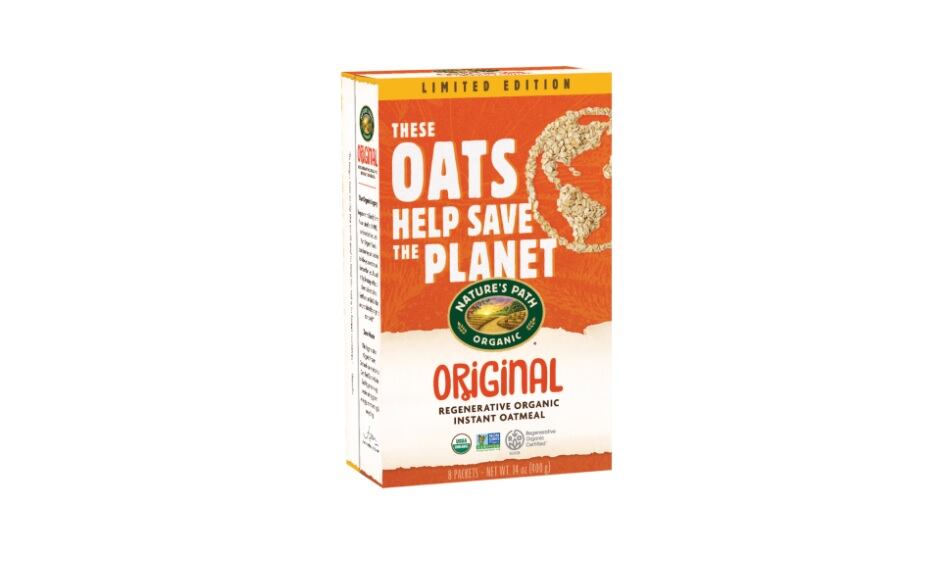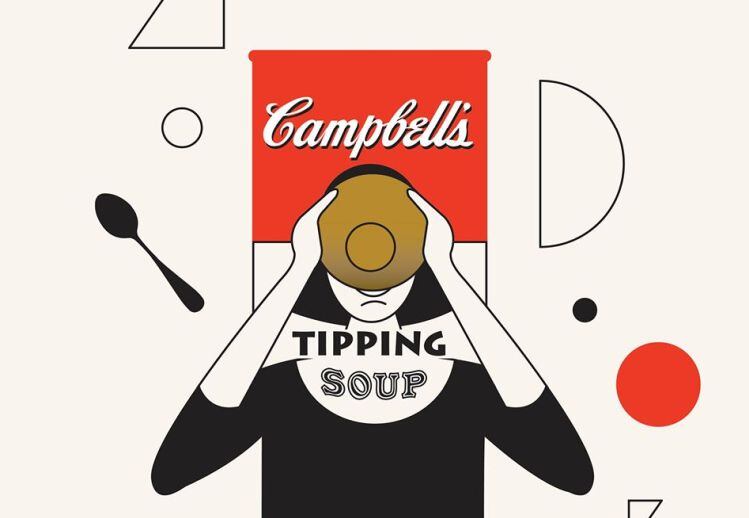According to Nielsen data, breakfast cereal sales rose 35% for the week ending April 25, compared with the year-earlier period. And for the two months ended April 25, they were up 34%.
This uptick has just as much to do with cereal being shelf-stable, and therefore easy to stock in the pantry, as it does with being convenient, affordable and – depending on the selection – nutritious, Arjan Stephens, the executive VP at Nature’s Path Foods, told FoodNavigator-USA.
He explained that the reason consumers are flocking back to cereal “starts with why consumers were going away from it. I think consumers were going away from cereal because they were time-starved.”
Referencing “sort of fishy and sort of real” reports of Millennials skipping breakfast at home because they didn’t have time, didn’t want to do dishes or would rather have something on-the-go, Stephens explained that the pandemic upended these excuses.
With schools closed and many employees working from home, Americans suddenly not only have time, but they face a new set of pressures to prepare every meal at home while also juggling other responsibilities, he said.
'Many people realized that cereal is … convenient and the price per meal is actually quite affordable'
In reviewing their breakfast options, he said, “many people realized that cereal is … convenient and the price per meal is actually quite affordable.”
And, he said, if strategically selected, they also could be nutritious.
“For a long time cereals had been declining because they were seen as unhealthy and they were sold in the center of the store while everyone wanted to shop the perimeter where they could buy as many fruits and vegetables as possible."
But, he said, organic cereals “sort of bucked that trend and were able to stay flat or even grow while some of the big multinational cereal companies faced declines year-over-year for five years or more and, in some cases, actually had to shut down factories and lay off workers.”
Similarly, Stephens said, “Nature’s Path was able to buck that trend not only because we are organic, but because we put in our products healthy ancient and heritage grains, quinoa, spelt, amaranth, chia seeds and flax."
Meeting special dietary needs
Stephens added that Nature’s Path also avoided the fate of so many cereal brands because it constantly innovates to meet consumers’ changing needs – including increased demand for options that are paleo- and keto-friendly with no grains and little sugar.
“As a general pillar, we have been launching products that are grain-free,” including granolas that have performed “extremely well,” and the upcoming launch of grain-free hot cereals that are “super unique in that they use coconut and chia seeds and, because they have no grains, use watermelon seed protein powder,” he said.
While a hot cereal in the middle of summer may sound odd, Stephens said, “during the pandemic hot cereal sales spiked tremendously – even more than cereal.”
He suggested that consumers are attracted to the brand’s canisters of steel cut, old fashioned and quick cooking oats “because they are super nutritious. Oats are some of the best things you can eat in terms of cereal grain. They are high in fiber, high in protein, they are great for the heart in terms of soluble and insoluble fiber, and they are really a nutritional powerhouse.”
As America comes out of the pandemic – or enters a second wave – he said consumers will prioritize nutrition and nutrient dense options, like those offered by Nature’s Path.
Social causes, employee safety are valued attributes
Consumers also will prioritize supporting brands that support social missions and values with which they can align, Stephens predicted.
“Sustainability and social causes are the number one thing that Millennials and the generation below them are interested in, including climate change, which is a cause that is near and dear to their hearts,” as well as employee safety, he said.
Nature’s Path illustrated during the pandemic that it also supports both of these values, Stephens said.
With regards to sustainability, the company launched on Earth Day a limited edition oat-based cereal that was made using organic regenerative techniques.
“We were selected to be one of the first companies to be a part of a trial by the Rodale Institute” to pilot regenerative organic farming techniques, Stephens explains. “We own our own farm land, which is unique to a lot of companies, so we were able to grow our oats on our farms using regenerative organic techniques, and … identity-preserve the oats to create one of the first regenerative organic food products in the market place.”
He added that the company’s adoption of regenerative organic techniques builds on its long-time dedication organic farming and protecting the planet.
With regards to protecting employees, Stephens said, the company illustrated its dedication by continuing to operate during the pandemic but never experiencing an outbreak.
He explained that the company supported employees by providing them with extra paid time off to care for themselves and loved ones, and by paying them a one time $300 “hero bonus,” as well as an additional $2 per hour that they worked.
“We have heard of a number of food companies that had to shut down for a month or even permanently because of the condition of their factory workers or the fact that people weren’t treated well in light of the pandemic. And I think the pandemic really shined a light on those organizations that are doing it right and those that haven’t and I think that people are going to vote with their wallets, with their forks and with their spoons to support a more ethical, healthful future,” he said.
Looking forward, he added, that he hopes “that our food system becomes more compassionate coming out of this crisis and more thoughtful to the workers, the environment, our health and our society.”




